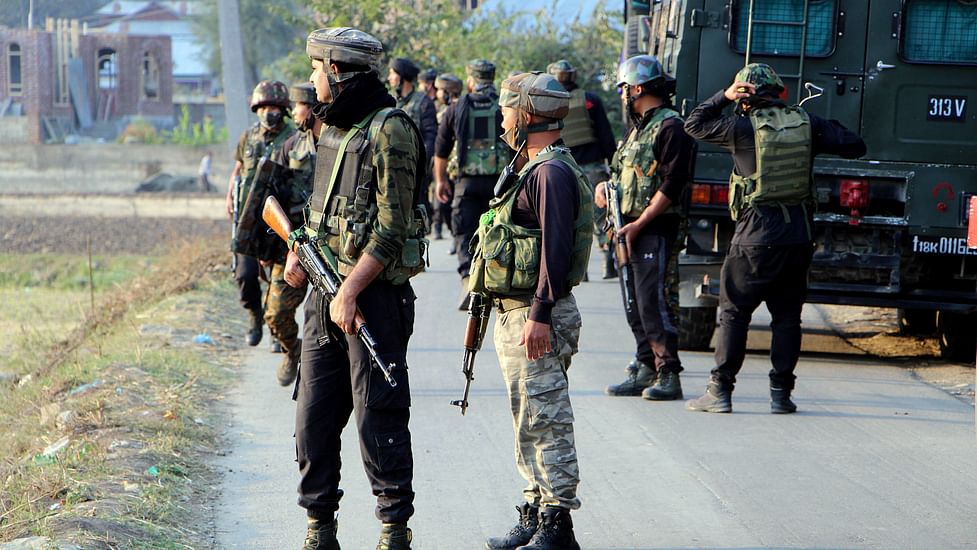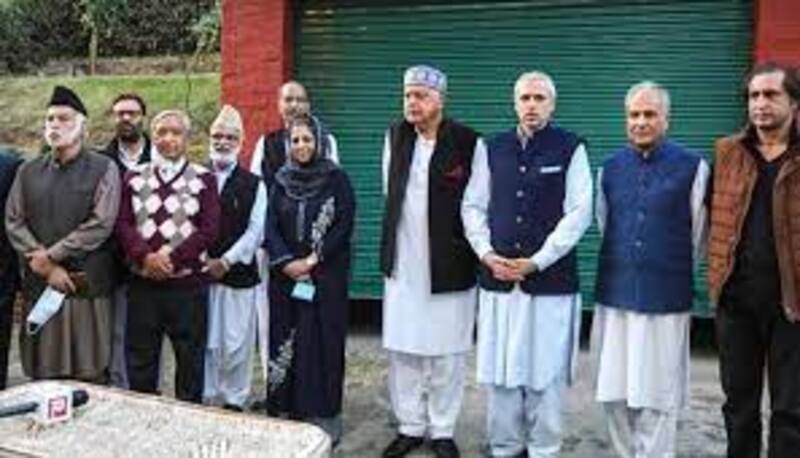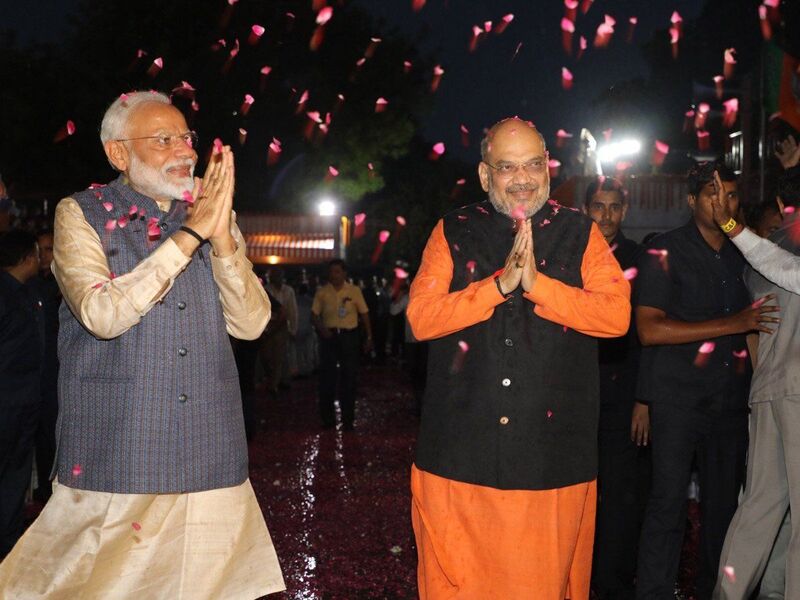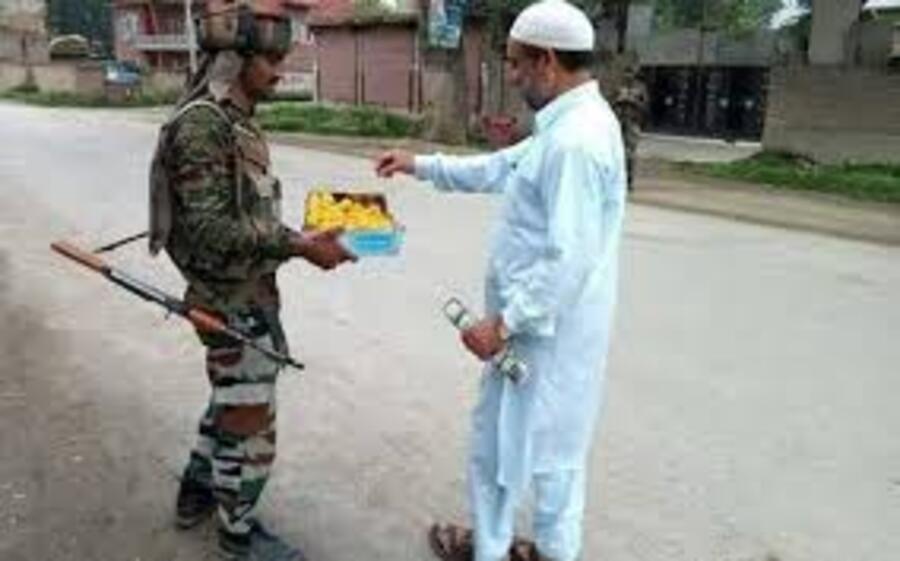With resolve and a bill, the Modi administration scripted a historical transformation in the position of Jammu and Kashmir three years ago. On August 5, 2019, Home Minister Amit Shah presented a recommendation in Parliament for terminating the exceptional rank of Jammu and Kashmir and its bifurcation into two Union Territories.

Jammu and Kashmir had a remarkable status blessed under Article 370 and Article 35A (created through a Presidential Order) of the Constitution. The abrogation of Article 370 to finish the extraordinary quality of Jammu and Kashmir was a long-standing demand of the BJP and its predecessor, the Jan Sangh, whose head Syama Prasad Mookerjee passed in charge in Jammu and Kashmir while conducting a rage against the condition.
Hardly two months after the BJP’s consecutive triumphs in the Lok Sabha election, the Modi administration had pulled curtains on constitutional requirements that accorded Jammu and Kashmir a unique position and cut escape the U.T of Ladakh, obviously to protect the strategically essential parts from political compulsions of the Kashmir Valley.
The four things that have transformed Jammu and Kashmir since then:
GUPKAR ALLIANCE
The unprecedented peak of the BJP in elections since 2014 includes the coming jointly of the Opponent groups, who were once vowed, enemies. Jammu and Kashmir saw an arrival jointly of the central antagonists, the National Conference of the Abdullahs and the Peoples’ Democratic Party (PDP) of the Muftis after the BJP fulfilled one of its centre plans.
National Conference chief Farooq Abdullah and Omar Abdullah, and PDP chief Mehbooba Mufti, bound needles and held discussions after their escape 2020 from home arrest in August 2019.They assumed solutions to battle for restoring the special status available to Jammu and Kashmir earlier.
Property Ownership To ‘Strangers’
Under the earlier account of a unique position, individuals from outside Jammu and Kashmir were not permitted to purchase the ground. Article 35A determined such a buy to “permanent inhabitants” after removing article 370. Now, ‘outsiders’ can buy land in Jammu and Kashmir if it is not agricultural land.
No Other Flag Or Constuition For Jammu & Kashmir
The unusual status permitted Jammu and Kashmir to have its flag and a constitution which defined what parts of the Indian Constitution were functional in the former state. After the unusual position was repealed, government headquarters, including the civil administration, hoisted only the Indian tricolour flag on their structures. Jammu and Kashmir’s flag was forgotten.
Domicile Equality For Women Residents
Before August 2019, women citizens of Jammu and Kashmir lost their freedom to purchase property in the former condition if they matched a non-local man. Their spouses were not treated as locals of Jammu and Kashmir and were not permitted to inherit or purchase a property.
Now, with a piece of central administration information for the U.T of Jammu and Kashmir, the partners of women get residence quality even if they are non-local. They can now purchase the property and also involve in government jobs.

